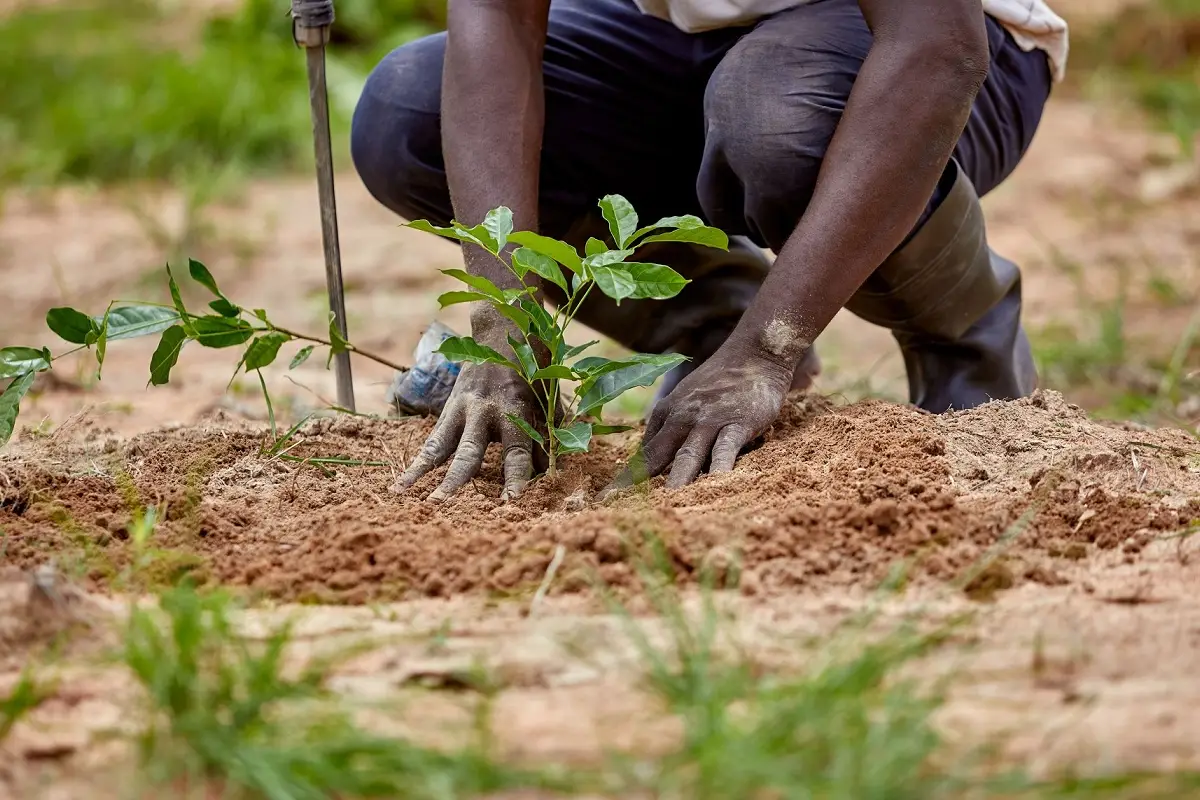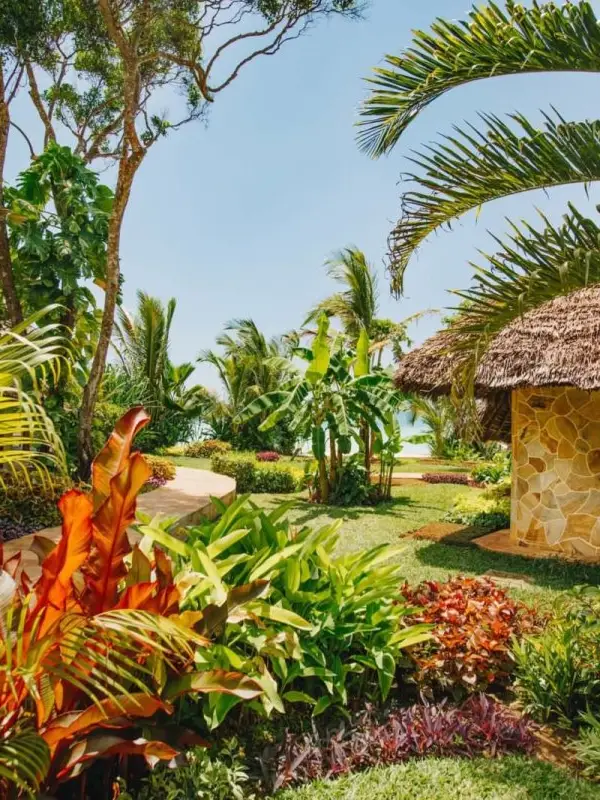
Key Project Components
1. Urban Tree Planting Campaign
- 3,000+ trees in parks, schools, roadsides, and public squares
- Native coastal species to support local biodiversity
- Partnership with forestry experts and community nurseries
2. Community Green Hubs
- Create 5 interactive green spaces (urban gardens, shaded resting zones, vertical gardens)
- Designed collaboratively with local artists and urban planners
3. Green Jobs & Education
- Train 150+ youth and women in horticulture, landscaping, and urban permaculture
- Partner with schools for environmental clubs and hands-on green education
4. Sustainable Infrastructure
- Install rainwater harvesting tanks and drip irrigation in gardens
- Composting facilities to recycle organic waste into fertilizer
5. Monitoring & Sustainability
- Community maintenance groups
- Real-time tree mapping and survival tracking with mobile tools
- Annual Urban Green Festival to celebrate progress and boost local awareness
Estimated Budget Breakdown (in USD)
| Category | Amount (USD) |
|---|---|
| Tree procurement & planting | $65,000 |
| Community garden & green hub setup | $48,000 |
| Training & capacity building | $25,000 |
| Infrastructure (water tanks, compost) | $22,000 |
| Tools, soil, irrigation equipment | $15,000 |
| Public awareness & educational materials | $10,000 |
| Local partnerships & technical consultancy | $8,000 |
| Monitoring, mapping & data tools | $7,000 |
| Project management & coordination | $20,000 |
| Contingency (10%) | $22,000 |
| Total Estimated Budget | $242,000 |
Partners and Stakeholders
- Zanzibar Municipality Council.
- UNESCO Zanzibar Office.
- Local environmental NGOs and schools.
- Urban planners, landscape architects, and artists.
- Youth and women’s groups in Stone Town.


Impact Highlights by Year 3
- 3,000+ trees planted and maintained
- 5+ community green hubs established
- 150+ trained in green livelihoods
- 20% improvement in urban air quality (projected)
- Strengthened Eco-tourism and local pride in green heritage spaces
Sustainability & Legacy?
"Zanzibar Urban Green" will leave behind more than trees—it will cultivate a culture of sustainability, community ownership, and green resilience in the heart of Zanzibar for generations to come.